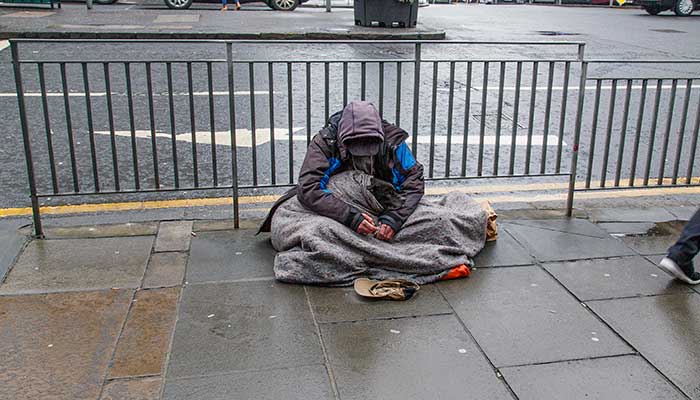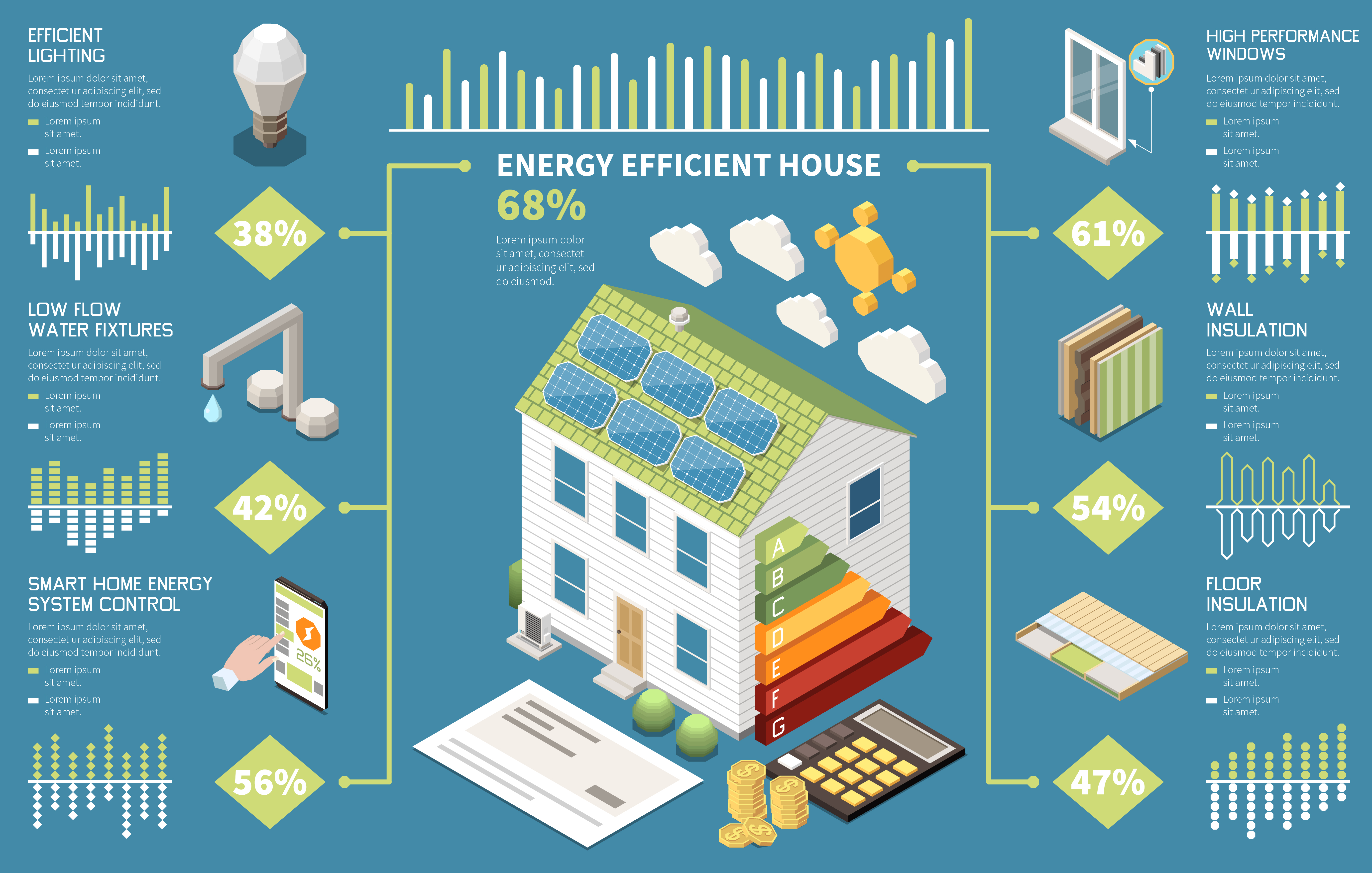The UK government's proposal to grant UK families higher priority for social housing has ignited a fiery debate, casting a shadow over towns like Milton Keynes, where affordable housing scarcity already pushes many residents towards the brink. While proponents see it as a way to address concerns about fairness and immigration, opponents warn of potentially devastating consequences for vulnerable individuals and families.
A stark message echoes: A joint letter signed by over 12 housing professionals and charities sent a powerful message to the Prime Minister: "We all deserve safe housing. Regardless of where we are from." This statement serves as a rallying cry for those who believe the proposed policy undermines the fundamental right to safe and secure accommodation.
Milton Keynes: A microcosm of the crisis: Take Milton Keynes, a rapidly growing town with a booming population and soaring house prices. The average house price currently sits at a staggering £329,000, far out of reach for many working families. Consequently, the demand for social housing is immense, with waitlists stretching for years.
Fuelling homelessness, not providing solutions: Experts warn that prioritizing UK citizens in this already strained environment could have disastrous consequences. Imagine a scenario where a non-UK family, already struggling to keep a roof over their heads, gets pushed further down the waiting list. Faced with skyrocketing rents and limited options, homelessness becomes a terrifying reality.
Legality and effectiveness questioned: Beyond ethical concerns, legal questions swirl around the proposal. Some experts believe it could violate anti-discrimination laws, while others point out the potential inefficiency and impracticality of implementing such a policy. In Milton Keynes, where diverse communities live side-by-side, ensuring fair and transparent implementation would be a complex task.
Calls for more houses, not stricter rules: At the heart of the issue lies a critical shortage of affordable housing. The letter highlights the drastic decline in social housing construction over the past decades and urges the government to focus on building more homes instead of implementing divisive policies. In Milton Keynes, this translates to a need for not just more social housing, but also exploring options like shared ownership and rent-to-buy schemes to make homeownership more attainable for young families and key workers.
Current system already favours UK citizens: Data indicates that 90% of new social housing lettings currently go to UK nationals, highlighting the long waiting lists and limited resources already present in the system. Critics argue that focusing on nationality is a distraction from the core issue – a lack of sufficient housing for everyone, regardless of origin.
Alternative solutions: Instead of prioritizing based on nationality, the letter proposes building more social housing and allocating resources based on individual needs and vulnerability. In Milton Keynes, this could involve targeted support for groups facing specific challenges, such as single mothers, elderly residents, or people with disabilities.
Impact beyond housing: The debate transcends the realm of housing, touching upon immigration, social justice, and the government's approach to tackling complex societal issues. In Milton Keynes, the policy could exacerbate existing tensions within the diverse community, raising concerns about social cohesion and inclusion.
Future of the proposal: The government is expected to launch a consultation on the proposal soon, prompting further public discussion and potentially shaping the future of social housing allocation in Milton Keynes and across the UK.
Further considerations:
- The specific impact on vulnerable groups like refugees and long-term residents in Milton Keynes requires deeper exploration.
- The potential economic and social ramifications of increased homelessness need careful assessment.
- Public opinion in Milton Keynes and beyond, along with its alignment with government priorities, deserves in-depth scrutiny.








